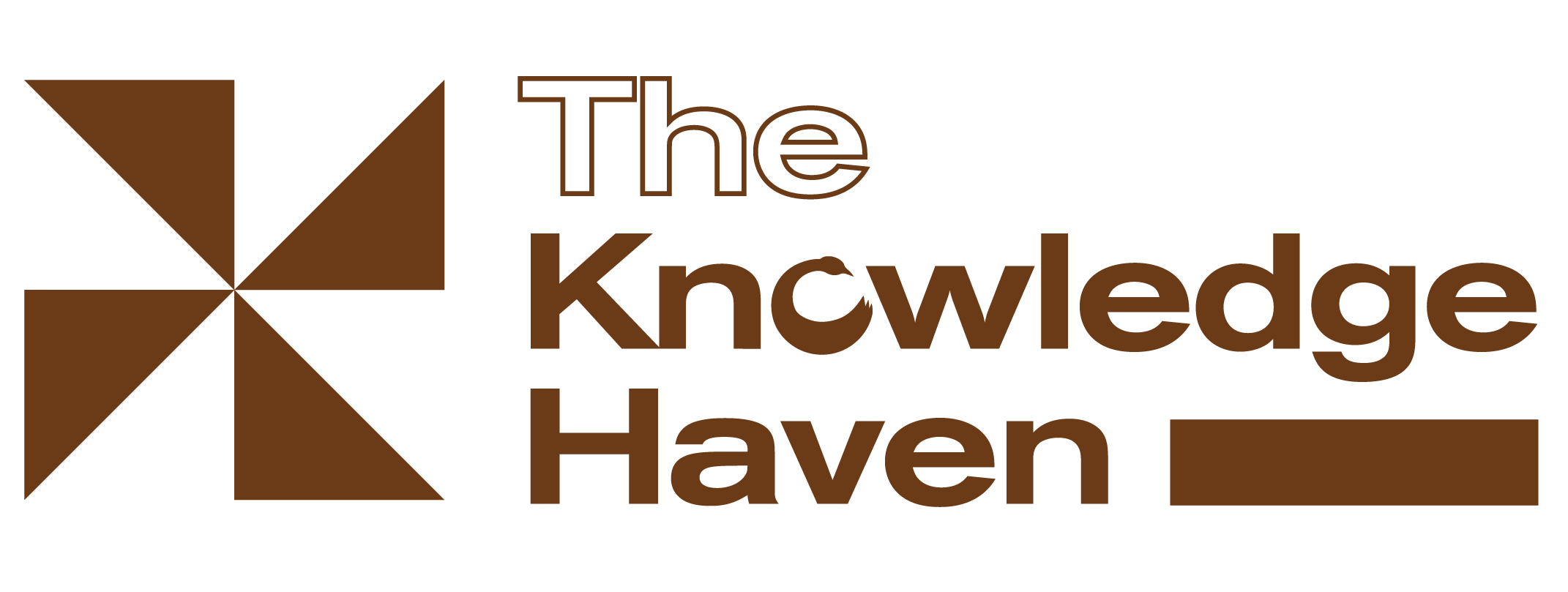African and African descended people face many forms of injustice on a global scale, and perhaps, the most impactful and least talked about threat to our community is epistemic injustice, or the injustice of knowledge.
In this sense, 0ur voices are often silenced, our historical figures misrepresented, and our archives distrusted. For the African and African-descended person, our history before the Western World has been relegated to myth. The Knowledge Haven will show the African Diaspora and the world that our form of archiving–or remembrance–is a historical and reliable process of evolution.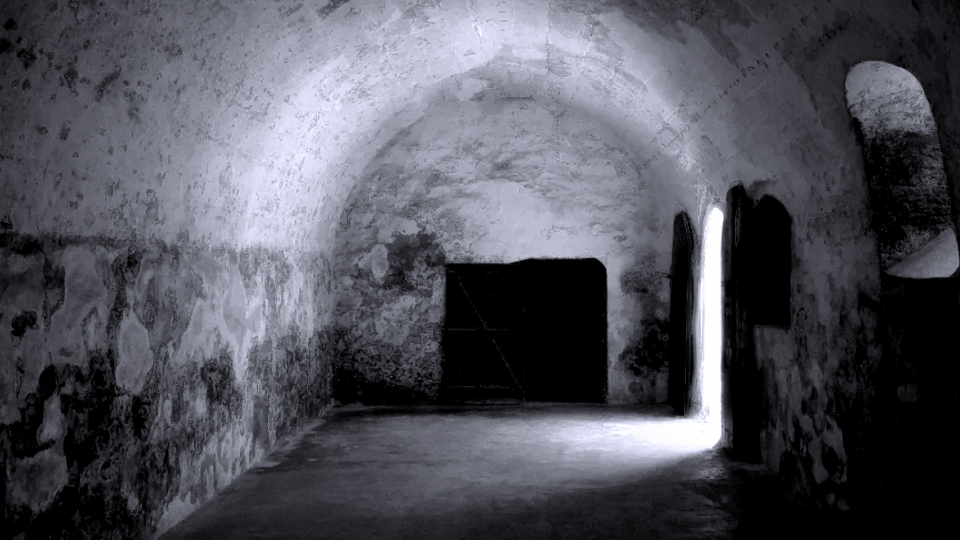

ABOUT
The Knowledge Haven creates museums, libraries, and art innovation spaces dedicated to the rich cultural heritage of the African Diaspora. Small Crowdd, our subsidiary, is a production studio that expands on these goals by modeling the ways in which cultural heritage creation can stimulate community, connection, expansion, and collaboration.Our Mission
The Knowledge Haven cultivates and celebrates the cultural traditions of the African diaspora by fostering physical and virtual sites of collaboration. Our community havens are sites that honor the people of the diaspora through history, art, storytelling, and our boundless imaginations.Our Vision
The Knowledge Haven will build community havens that develop modern technologies of remembrance by:
● Creating Knowledge: Offering People of the Diaspora a Way to Honor Their History Through Art & Creation
● Sharing Knowledge: Offering All Visitors an Outlet to Intentionally Engage with the Past, Present, & Future
● Preserving Knowledge: Offering the World an opportunity to access the rich and diverse cultural heritage of the African Diaspora
Our Theory Of Change
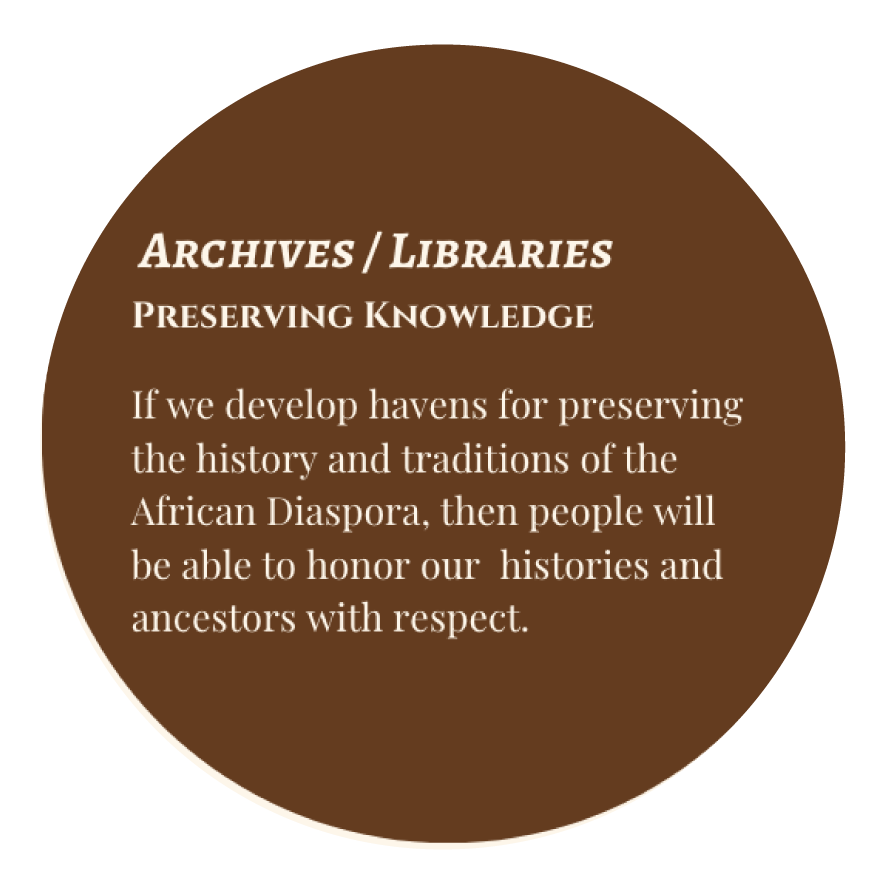
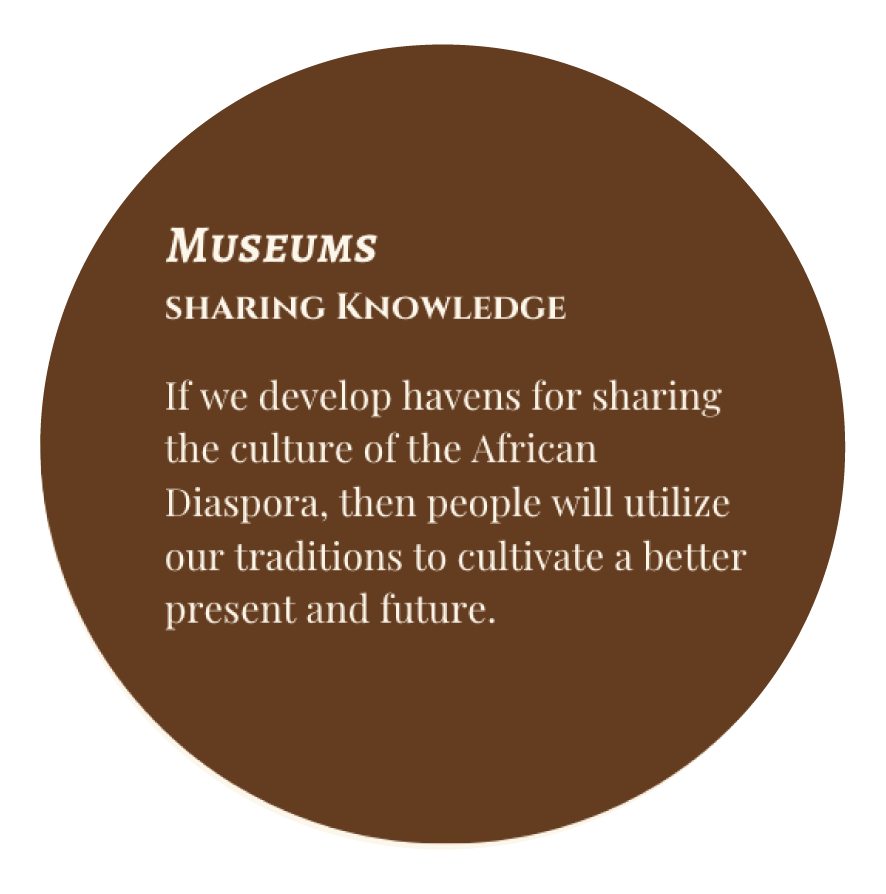
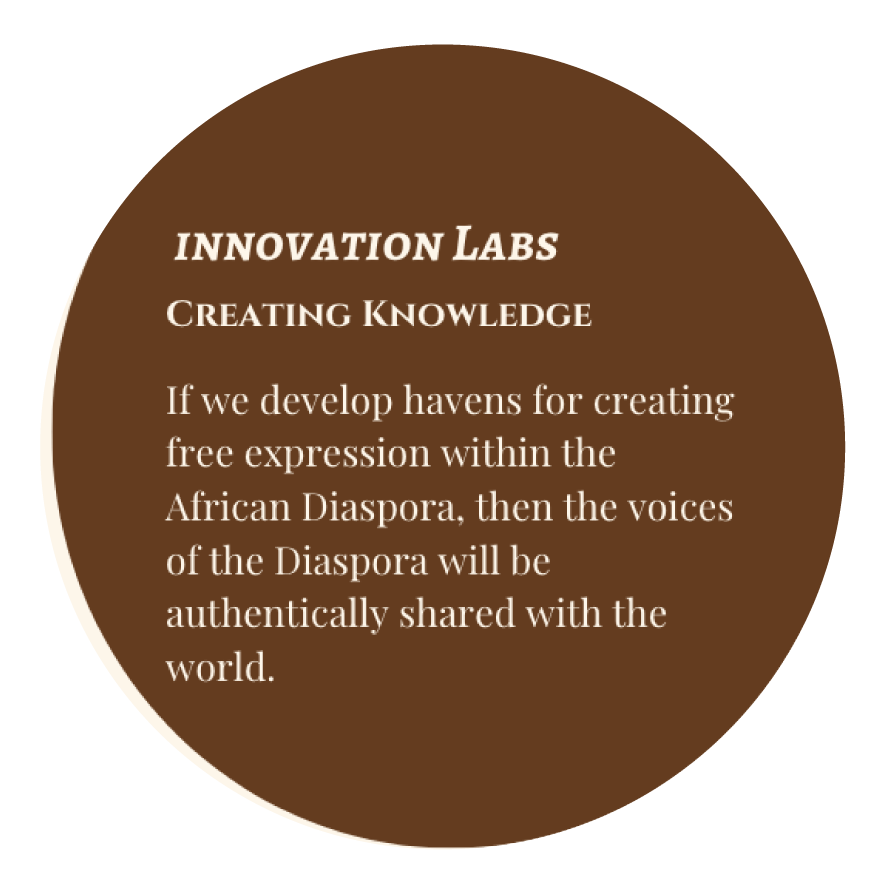
Our solutions
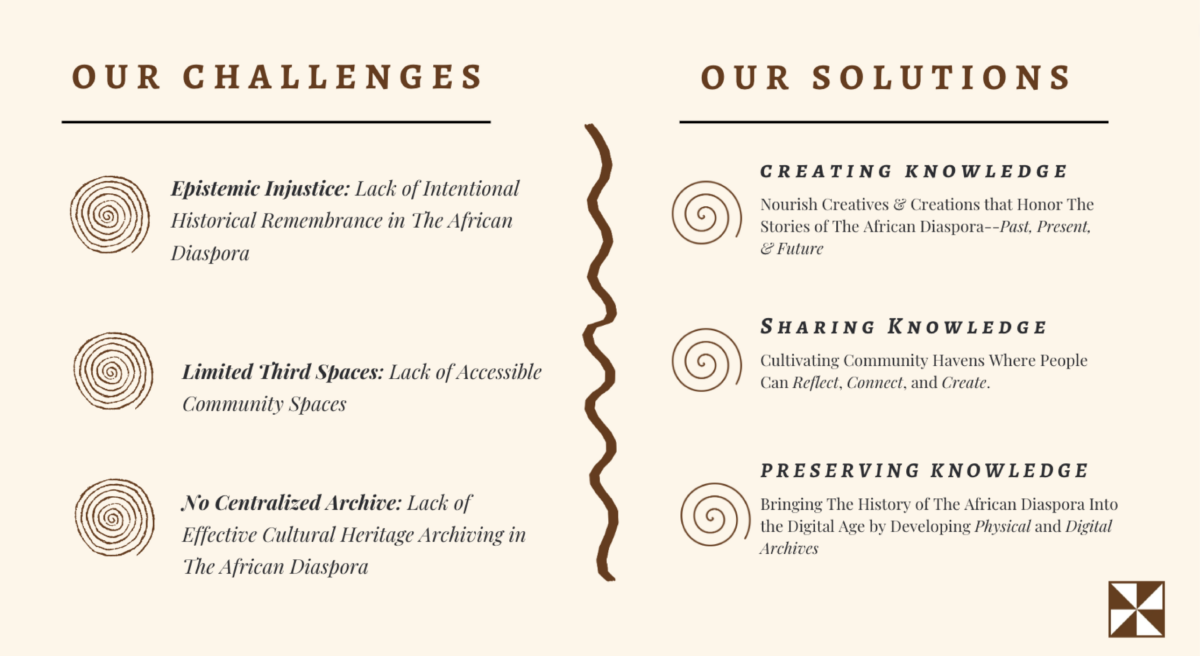
Community Haven: (n.) a third space where community members are empowered to explore self reflection, communal learning, and innovative healing.
Projects
“All I could see was a five-hundred-year-old trading fort, a monument to a past that no one wanted to
remember. Monuments, like graves, are intended to preserve the dead and to suspend the past. But
everything I could see refuted this. I still thought of the castle as a tomb, but if it were then where were
the mourners? Didn’t a gravesite require the company of the bereaved?”
– Sadiya Hartman
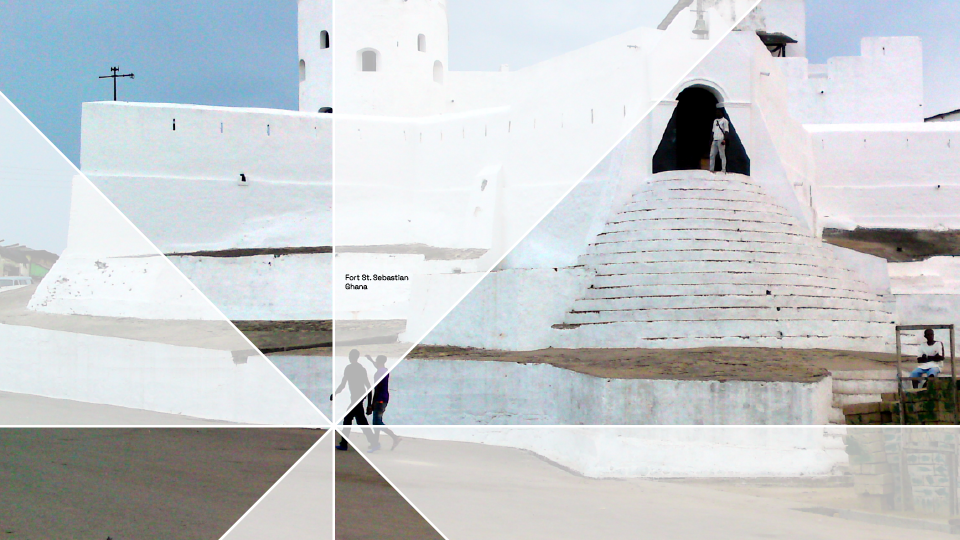
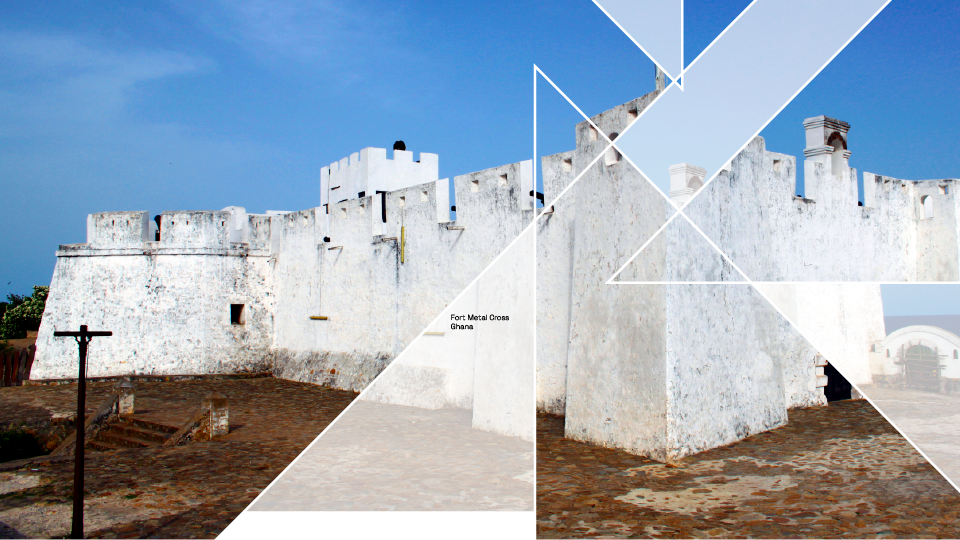
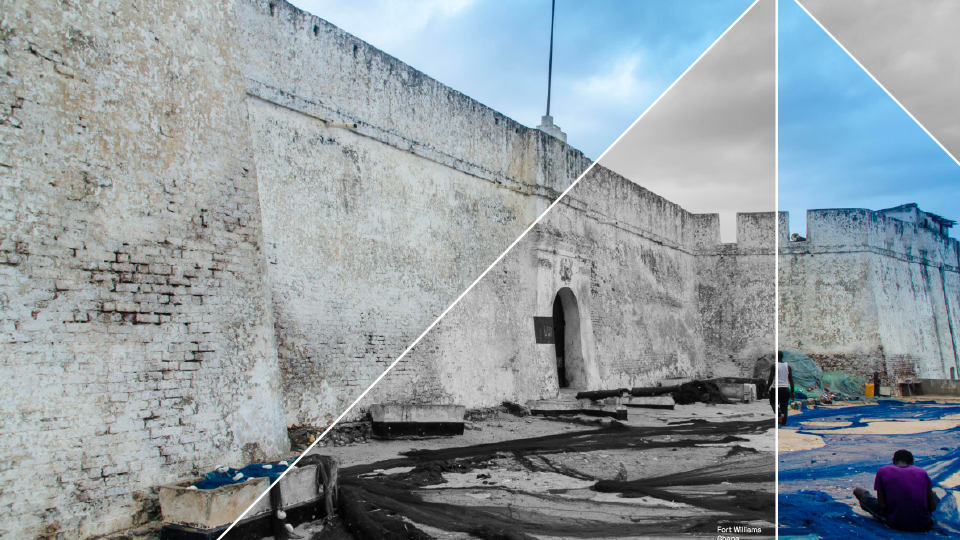
Our Inaugural Project
Our inaugural project aims to transform Ghana’s UNESCO World Heritage sites into community havens that encourage self reflection, communal learning, and innovative healing.
“We will show the world that while history may be “written” by the victors, it is “remembered,”“performed,” and “living” in the resisting survivors.” – Inayah Bashir, Co-Founder


